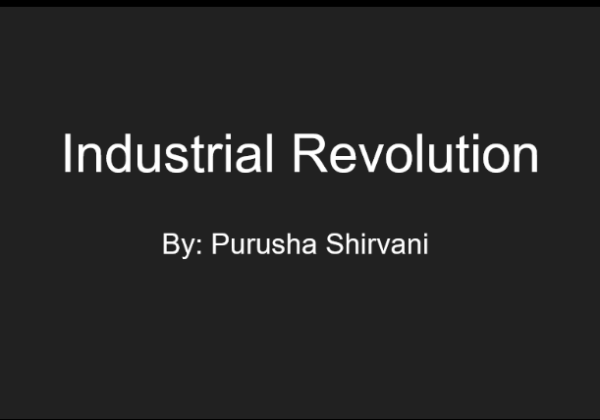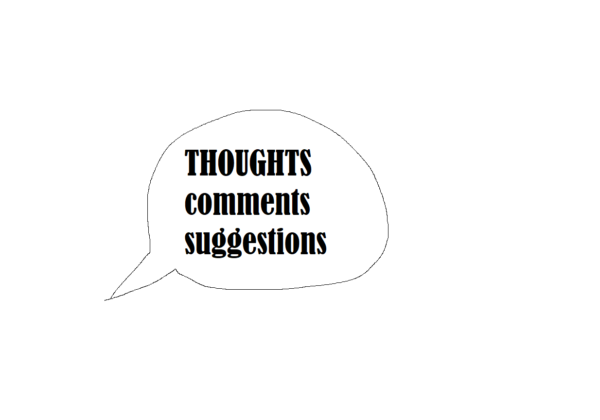We are all born, we all grow, we mature, and we grow old, and ultimately, everyone dies. No matter your background, your wealth, your feelings, morals, skin color, or any other factor.
Unavoidable, impossible to prevent, an unchanging and natural truth, Death acts as the great equalizer. It would be unnatural and immoral to ever try to ruin something that humanity depends on.
There would be no life without Death.
That’s what He tells you. After all, he reaps what YOU sow. He wins every time one of us departs this world. Your experiences, accomplishments, effort, it all goes away with you once you go, another footnote in history, if you’re lucky.
Like a shadow, always waiting, telling us that our time will come some day.
But everything natural is not good . No reasonable person wishes for the return of previous pandemics or diseases, or to destroy the technology or medicine which prolongs and extends our lives, which saves us from the fate of our ancestors dying to the common cold.
We all imagine our last moments to be ones of content, surrounded by family (hopefully with our grandchildren or even great-grandchildren present), having accomplished everything we ever hoped we would, everything we could ever dream of, and perhaps just a little tired of a long and plentiful, but perhaps boring life.
But what if that wasn’t the case? What if you still thought it was too early? That you still had years of work or dreams left? What if you couldn’t live to see those great-granchildren, or even your grandchildren?
If your life was cut short prematurely by whatever unfair cause?
Did it all have a purpose? At that moment, would you think there is a reason for everything?
Life expectancy in the majority of countries and continents increases nearly every level, but not equally. Many third world countries experience significnatly lower lifespans and higher mortality, especially in children.
Would saving them from death be worth the potential moral and scientific implications of a death pill?
When people imagine immortality, they often think of their own selves living to two hundred years old, not the children dying at seven, or the people not making it to twenty.
So let’s suppose He’s not right. Imagine that death, like any other ailment, can be slowed, prevented, and perhaps even cured. What if we could kill the reaper, and find a cure to death, a way to indefinitely extend our lives, an immortality pill?
While not a new idea, by any stretch, and one that has been thought of, researched, tried, and failed millions of times, the concept of an immortality pill in an imaginary world allows us to visualize and symbolize a number of different scenarios and concepts.
First of all, would “the people” have access to such a miracle? Even assuming that such a cure is possible, and that it’s possible to mass produce it in such a capacity to satisfy even some portion of the immense demand it would have, the issue of cost and availability would remain.
In a world ruled by capitalism and a possible monopoly on the drug, the prices could skyrocket similar to how epi-pens cost thousands of times what they should.
Despite the remarkable progress the world has made in the last decades, almost fifteen thousand children die every day mostly due to preventable causes.
Now imagine how many wouldn’t get saved by an immortality pill.
The billionaire self proclaimed philanthropists might not want to risk the couple thousand doses entitled to them to help a mass of nameless people.
The insurance sector, medicine sector, and millions of jobs would be in danger, even ignoring the likely incredible pushback from both sides of the aisle on Capitol Hill.
What would they do if the people they serve didn’t have any ailments? If there truly was no obstacle left to face?
After all, the most valuable currency we have is time, and it’s the only one that can’t be replenished or bought, saved for another time, or taken back once lost.
For the sake of humanity, some changes need to be made if scientists are ever going to discover the secret of the fountain of youth.



